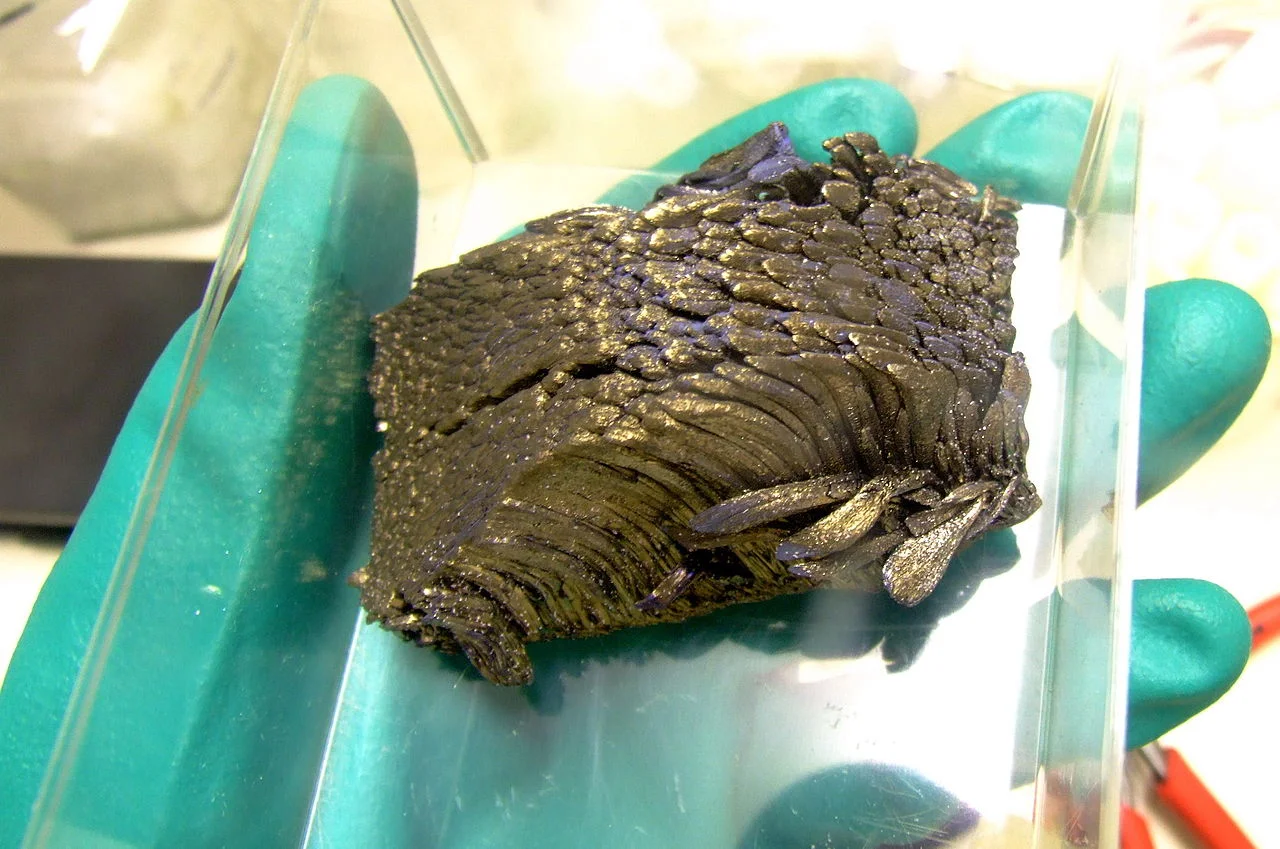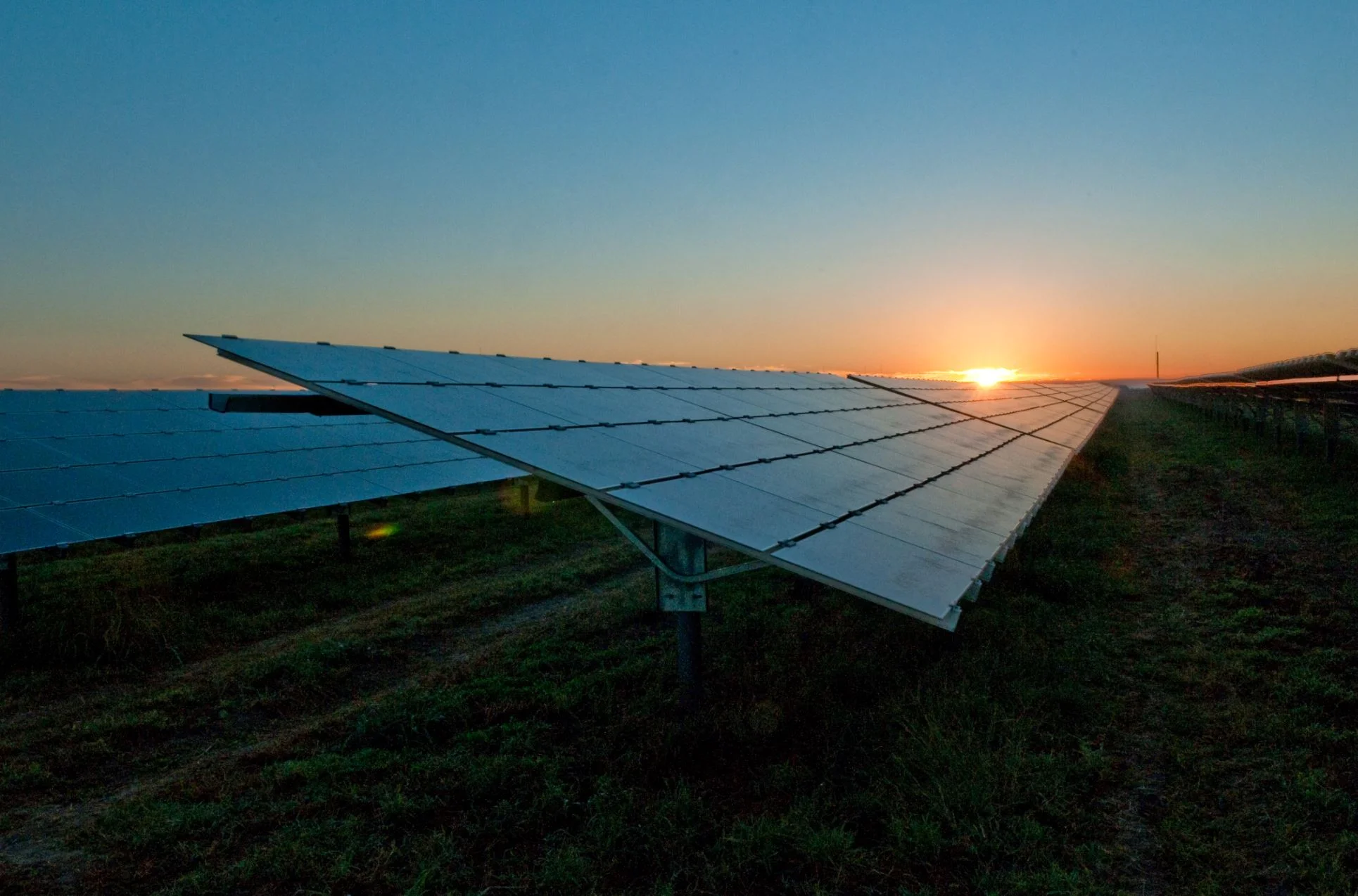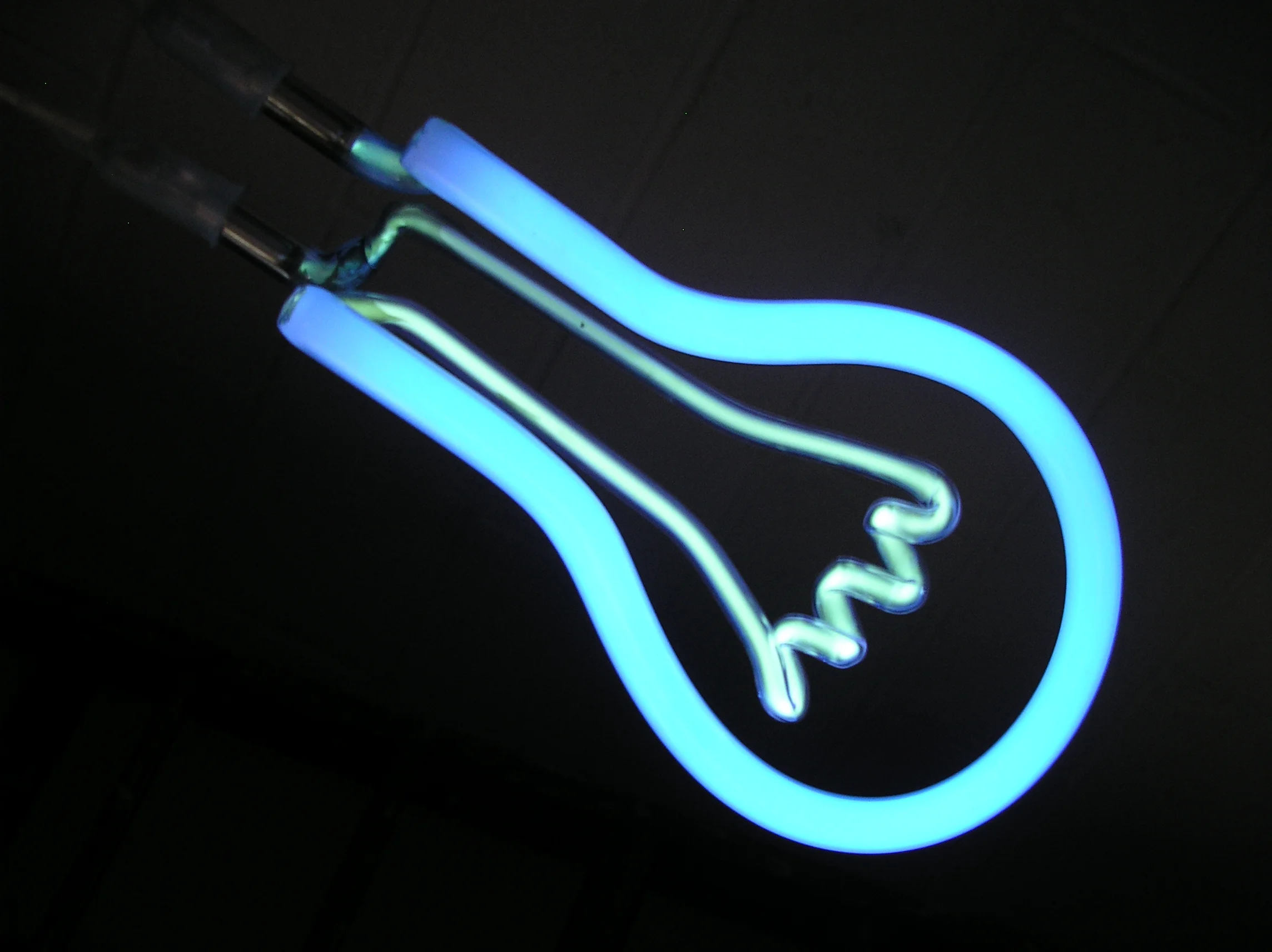Plugging in the power – or at least what you think is power – to a USB-C powered laptop can connect your computer, and the valuable personal data on it, directly to hackers. Your personal financial information, passwords and documents stored on the laptop could help a cybercriminal steal your identity. The laptop may even be used to attack your employer’s computers and network.
AI could help drones ride air currents like birds
Birds have long inspired humans to create their own ways to fly. We know that soaring bird species that migrate long distances use thermal updrafts to stay in the air without using up energy flapping their wings. And glider pilots similarly use thermals currents and other areas of rising air in order to remain airborne for longer.
Why it’s so hard to reach an international agreement on killer robots
What are rare earths, crucial elements in modern technology? 4 questions answered
Why computers are so bad at comparing objects
Why does my phone battery die so fast?
Why do batteries die? And, why can they only be recharged so many times before they won’t hold a useful amount of charge? My young son asked me about that years ago when his battery-powered toy car stopped moving, wondering about what he called an “everlasting battery.” And this same question has probably crossed the mind of every cellphone user trying to send one last text before the screen blinks off.
Why 50,000 ships are so vulnerable to cyberattacks
The 50,000 ships sailing the sea at any one time have joined an ever-expanding list of objects that can be hacked. Cybersecurity experts recently displayed how easy it was to break into a ship’s navigational equipment. This comes only a few years after researchers showed that they could fool the GPS of a superyacht into altering course. Once upon a time objects such as cars, toasters and tugboats only did what they were originally designed to do. Today the problem is that they all also talk to the internet.
Bendable concrete, with a design inspired by seashells, can make US infrastructure safer and more durable
Spring construction season is underway, and many tons of concrete will be used in the coming months. Unfortunately, concrete is a brittle material: Placed under stress, it cannot bend very far before it fractures. Some pavements that are being poured now will crack within a few years and require expensive repairs. New concrete will be mixed, and the cycle will start again
As more solar and wind come onto the grid, prices go down but new questions come up
Wind and solar energy are growing rapidly in the U.S. As these energy sources become a bigger part of the electricity mix, their growth raises new questions: How do solar and wind influence energy prices? And since power plants last for decades, what should policymakers and investors think about to ensure that investments in power infrastructure pay off in the future?
Light could solve one of quantum computing’s big problems
Water-based battery stores green energy for later
Delivering VR in perfect focus with nanostructure meta-lenses
If wearing a virtual reality or augmented reality headset is ever to become commonplace, hardware manufacturers will need to figure out how to make the devices small and lightweight while ensuring their images are sharp and clear. Unfortunately, this task faces a key limitation in optics: Conventional lenses are curved glass objects that focus different wavelengths of light in different locations, which would show viewers blurry images. As a result, pretty much anything with a lens – from tiny smartphone cameras to large-scale projectors – uses multiple lenses, which add weight, thickness and complexity, increasing cost.
Explainer: how do we make hydrogen from coal, and is it really a clean fuel?
I’ve always wondered: why is a green screen green?
Quantum Computing Needs a Lot of Power. This Machine Could be the Answer
Want faster data and a cleaner planet? Start mining asteroids
Mining asteroids might seem like the stuff of science fiction, but there are companies and a few governments already working hard to make it real. This should not be surprising: compared with the breathtaking bridges that engineers build on Earth, asteroid-mining is a simple, small-scale operation requiring only modest technological advances. If anything is lacking, it is the imagination to see how plausible it has become. I am afraid only that it might not arrive soon enough to address the urgent resource challenges that the world is facing right now.
Why we choose terrible passwords, and how to fix them
The first Thursday in May is World Password Day, but don’t buy a cake or send cards. Computer chip maker Intel created the event as an annual reminder that, for most of us, our password habits are nothing to celebrate. Instead, they – and computer professionals like me – hope we will use this day to say our final goodbyes to “qwerty” and “123456,” which are still the most popular passwords.














